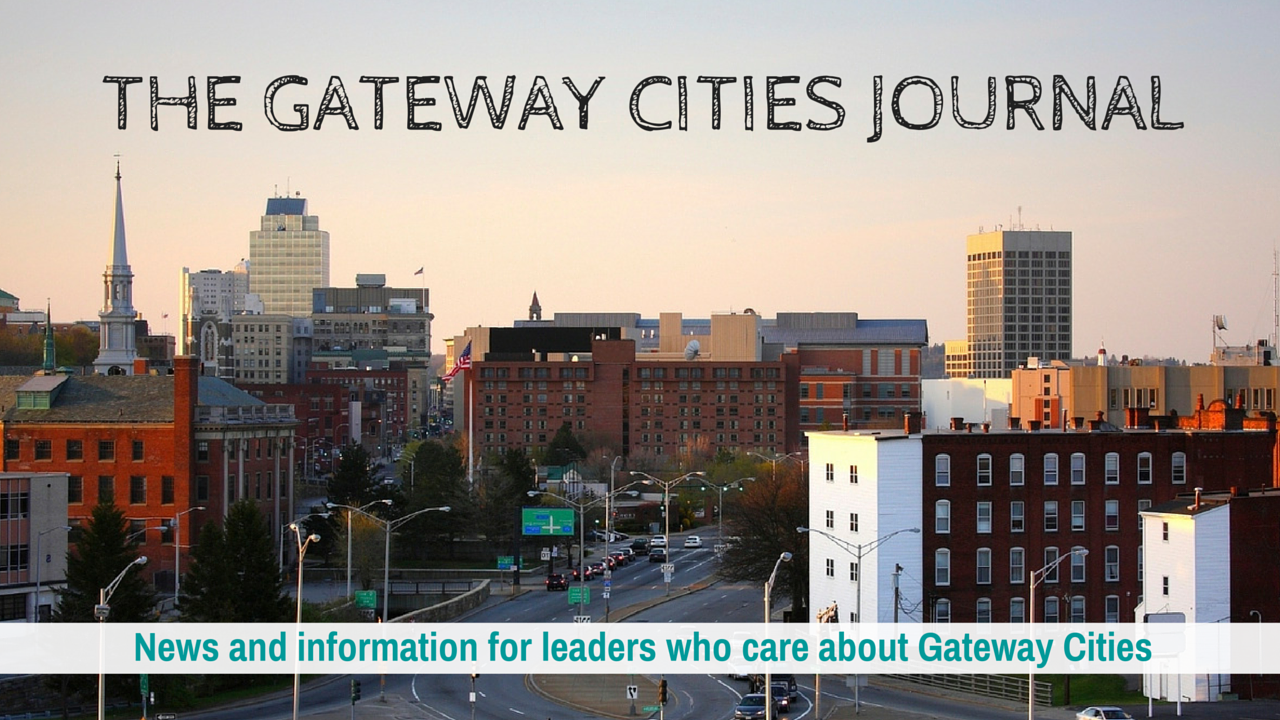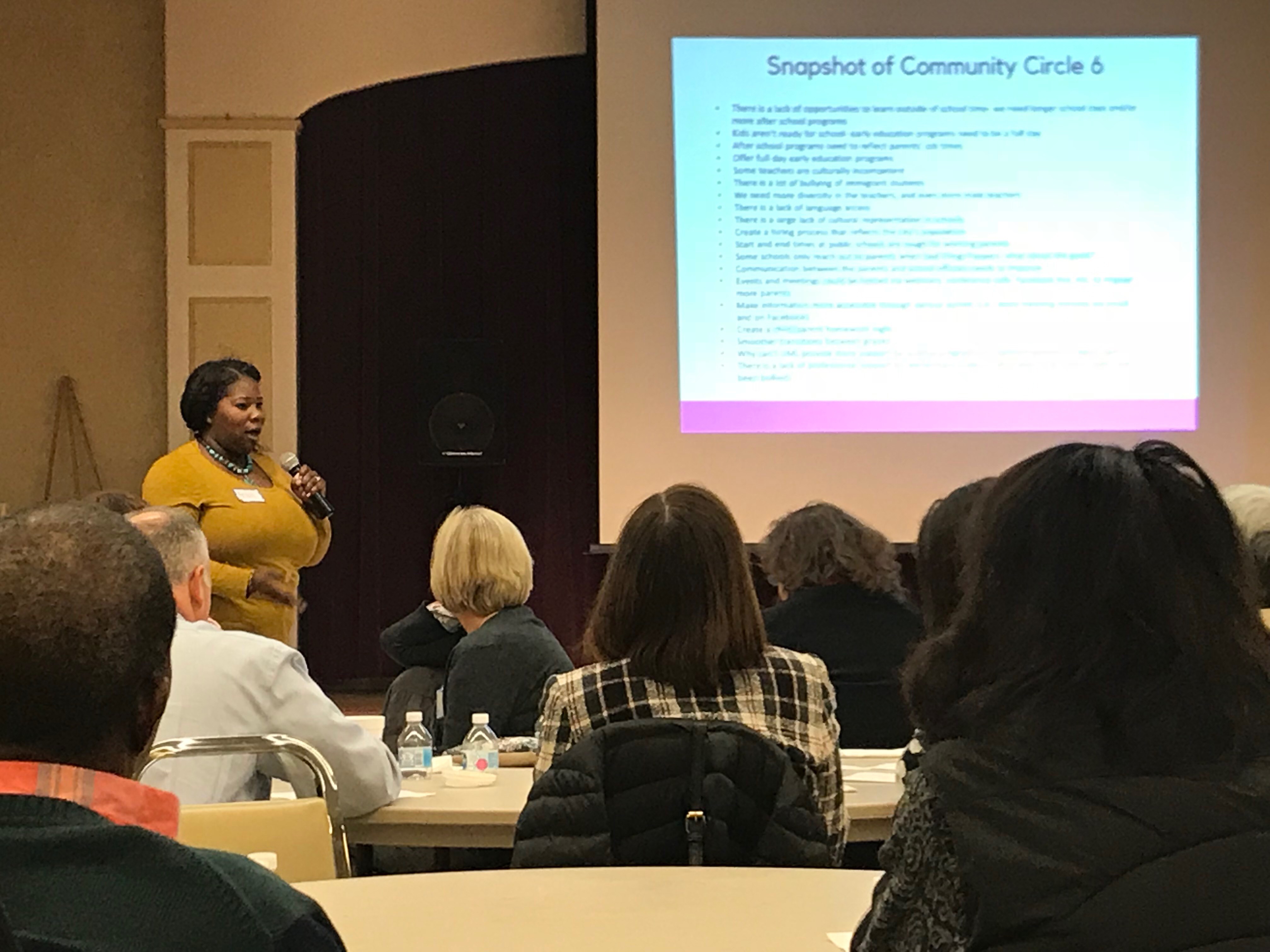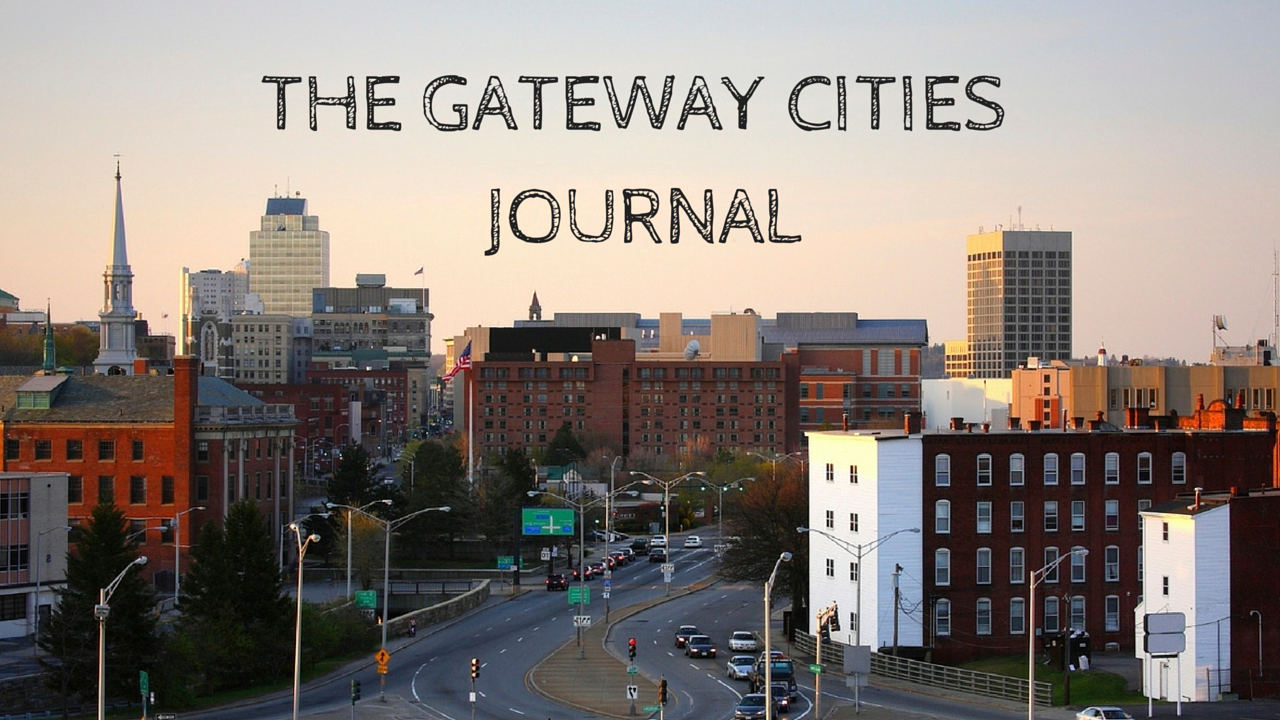
In 2013, Gateway City leaders developed an education vision. Their strategy was rooted in a belief that these inclusive urban communities could create exceptional learning environments by building on their core strengths, including their diversity, strong cultural institutions, sophisticated early learning providers, and local higher ed partners. At the time, educators described pressure to perform under state and federal accountability measures as a barrier to achieving this vision. Built to compare every school district’s performance against every other, these incredibly basic formulas fail to recognize the unique attributes of Gateway City districts and the multifaceted support they must provide the vast majority of students in order to close opportunity gaps.

Over the past year, MassINC sought to draw attention to these flaws, with the state reworking the accountability system to comply with the new federal education act. Our research pointed to how limitations in accountability discourage school districts from providing the full set of educational experiences students need to be successful in college, career, and civic life. Neglecting these aspects of schooling undermines Gateway City efforts to rebuild their middle class by providing upward economic mobility.
And because the state’s one-size-fits-all measures of school quality also fail to accurately portray the performance of inclusive urban districts, they discourage families with means from choosing these schools systems, furthering the concentration of poverty, which makes it that much harder for communities to provide fertile environments for economic mobility.
To overcome these problems, we’ve come to believe that Gateway Cities must devise their own complementary local accountability structures. In 2018, we’ll be producing a series of research reports exploring the ins and outs of this approach. However, it’s notable that two Gateway Cities are already on a similar path.
Last month, Lowell residents gathered for a Your Voice Matters Community Action Forum to brainstorm how their school district can better educate students, engaging parents as well as the broader Lowell community. With support from the Nellie Mae Education Foundation, Project LEARN is facilitating this process in partnership with Lowell Public Schools.

Prior to this session, they held eight community circles to identify challenges facing the district as well as community assets. At the December meeting, facilitators honed in on five key themes to focus the conversation: Student Voice & Learning; Cultural Competency, Language Access and Diversity; After School & Outside of School Opportunities; Parent and Community Involvement and Engagement; and Logistics, Schedules, Operations and Facilities. Attendees then split into action groups based on these five topics. These groups will continue to meet as part of the ongoing effort to develop and prioritize strategies for implementation.
Worcester is also crafting a strategic plan for the public school district. Led by the Worcester Education Collaborative and the Worcester Regional Research Bureau, with support from the Rennie Center and funding from the Barr Foundation, the strategic planning taskforce has convened 15 focus groups and several community forums to solicit ideas. Five subcommittees are developing strategies in the following areas: access to availability of higher level learning; educator resources and development; governance, finance, and operations; instructional resources and technology; and social and emotional learning and school climate.
In taking stock of where we are and where local efforts can lead us, we must acknowledge that despite the limitations, state-based accountability has created pressure on Gateway City districts to improve teaching and learning. Real strides have been made as a result. But it is not enough, further progress will require bolder change. The state is unlikely to drive this type of change; communities must take matters into their hands, decide what they want, and what sacrifices they’ll need to make in order to get it.
That’s the real promise of local accountability. As we watch the efforts already underway in Lowell and Worcester, we will see whether these communities are able to break away from the constraints of traditional systems and processes to really think anew about what learning should look like in the 21st century.
– Ben Forman
Education
Parents, teachers, and students weigh in on the strategic plan for the Worcester Public Schools.
The newly elected Lowell City Council votes unanimously to withdraw the previous council’s plan for a new high school at Cawley Stadium and begin exploring options downtown.
Kristine Hazzard points to the progress the Pittsfield Promise is making on early literacy. And two local business leaders urge legislators to pass a universal pre-k bill to further this work.
Cambridge College and Northern Essex Community College form a partnership that allows Lawrence students at the community college to move seamlessly on to Cambridge College to earn a bachelor’s degree less expensively.
Bay State Wind pledges $1 million to Bristol Community College in New Bedford for wind-energy training, if the company wins the off-shore lease for a wind turbine farm.
Housing and Economic Development
Andre Leroux and Lisa Wong say Beacon Hill must create incentives for local communities to increase housing production.
Harborlight uses MassDevelopment bond proceeds to renovate 26 studio apartments in Salem for housing for individuals who have experienced homelessness.
PawSox stadium legislation receives a few tweaks as the Rhode Island legislature prepares to consider a package designed to keep the team in Pawtucket and prevent a move to Worcester.
Brockton officials say the city’s downtown has made substantial progress toward revitalization in the nearly two years after the Urban Revitalization Plan was first presented.
Applications for MassDevelopment’s Commonwealth Places program close on January 12.
The Upshot looks at why big cities no longer need smaller cities in the US. Paul Krugman diagnoses the problem as a case of Gambler’s Ruin.
Governing also looks at the problem, noting two recent reports from Greater Ohio and the Lincoln Institute and the Federal Reserve Bank of Chicago.
Demographers say Boston and other coastal cities have reached peak-Millennial.
Governance
New Bedford Mayor Jon Mitchell lays out an ambitious agenda for his fourth term.
Joseph Petty hails the city’s progress as he is sworn in for his fourth term as mayor of Worcester.
The Eagle-Tribune covers Mayor Rivera’s inauguration and analyzes the political undercurrents on the new Lawrence City Council.
Transportation
South Coast Rail officials say the project is moving forward with project administrators filing wetlands review permits.
Confusion reigns over the future a new commuter rail stop in Lynn.
The MBTA and Keolis dramatically improve on-time performance on the Worcester line.
Bike sharing innovation emerges from small to midsize cities: a semi-dockless station.
